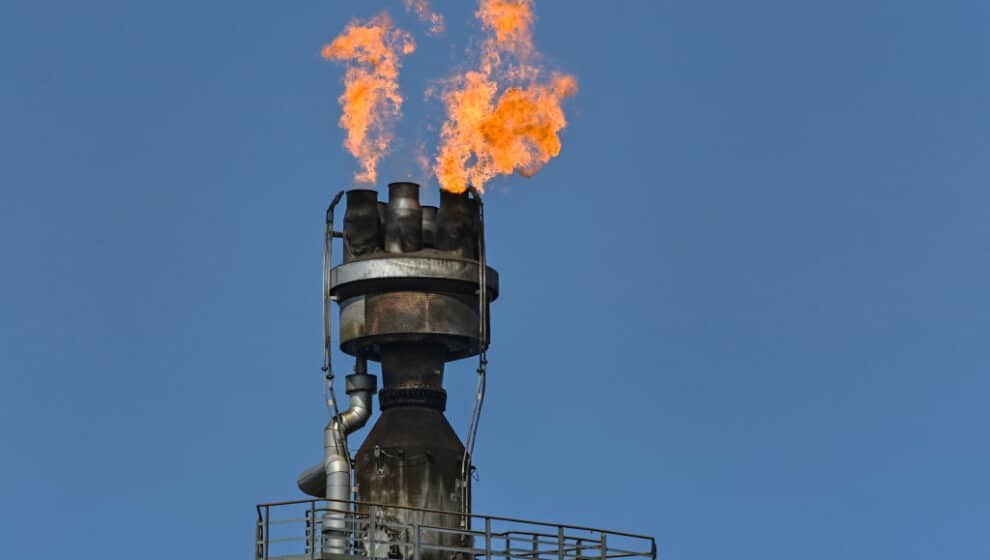Countries in Europe are coming together to enforce a price cap on Russian crude oil in an attempt to restrict Russian revenue while increasing global supply.
Key Details
- European Union states have been working toward selecting an agreeable price cap before their Monday deadline.
- The agreement will also likely feature a mechanism to allow the countries to reevaluate the price cap and adjust accordingly.
- Right now, the cap is planned to set at $60 per barrel. If the price is to be revisited in the future, the cap will be set 5% below the current market rate, Bloomberg reports.
- Since last week, discussion among European countries has stalled at Poland and the Baltic nations have called for a more drastic price cap.
Why it’s news
A European cap on the price of Russian crude oil is just the latest attempt to dissuade Russia from its ongoing war with Ukraine. Already measures to restrict Russian revenue have caused energy prices to spike in Europe. A price cap would allow oil to be distributed and potentially lower global energy prices but still cut into Russian revenue.
While European countries have been discussing a potential price cap since Russia invaded Ukraine at the beginning of this year, the countries are in disagreement over how aggressive the cap should be.
Poland and the Baltic nations have called for a lower price cap than the currently suggested $60 in order to put more pressure on Russian leaders. Countries like Greece that largely depend on shipping revenue have pushed for higher prices.
If the $60 suggestion is agreed to, this price will be higher than the current trading value of Russian oil which is now at $50 a barrel, Bloomberg reports.
The price cap requires a delicate balance as Russia may make good on its threat to cut off all oil supply if the price cap is too low.
Representatives from European countries will discuss the proposal Thursday. Most seem to be supportive of the $60 cap if additional demands are included in the agreement. For example, Poland and the Baltic states are seeking further European sanctions against Russia.

